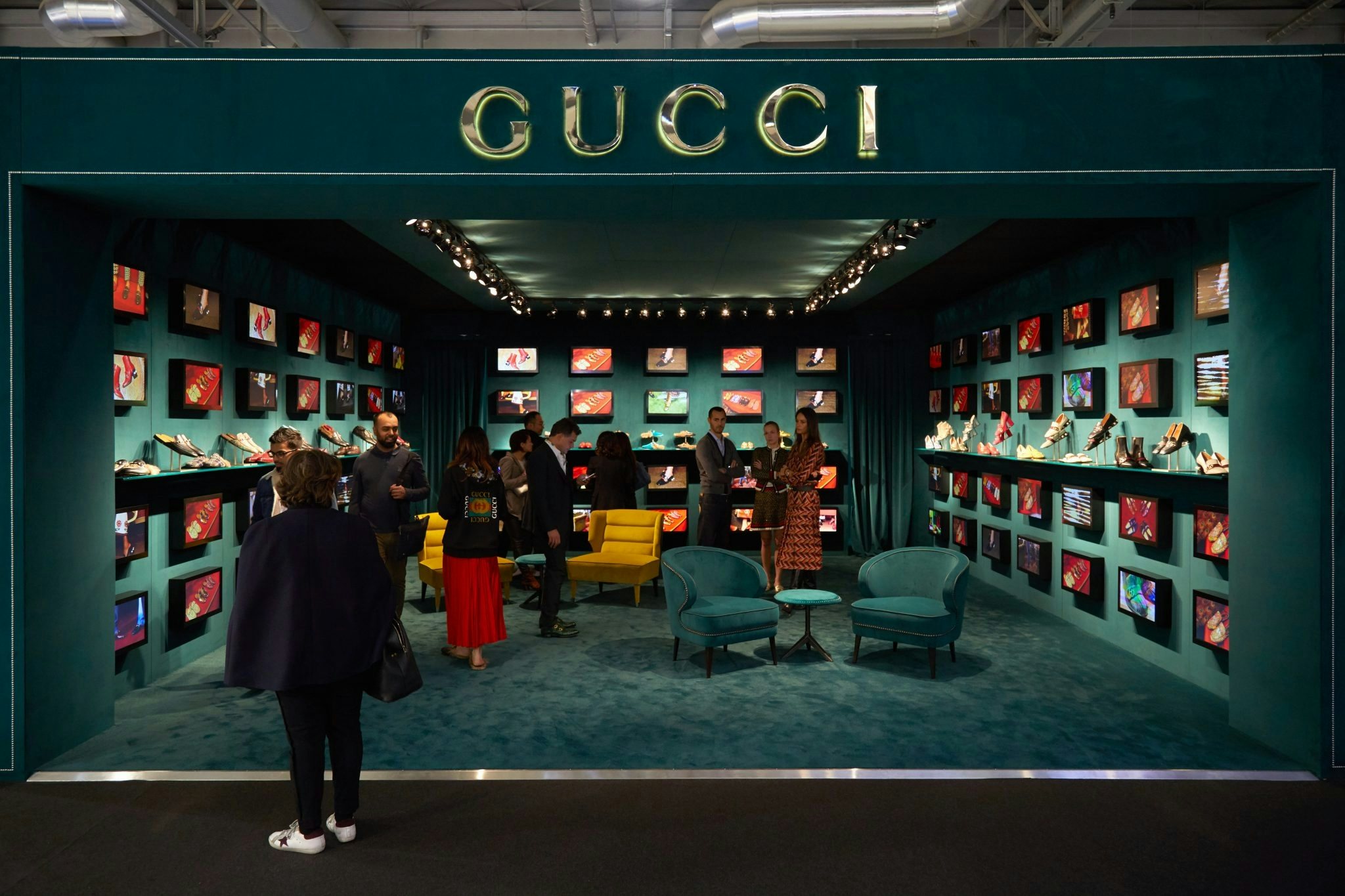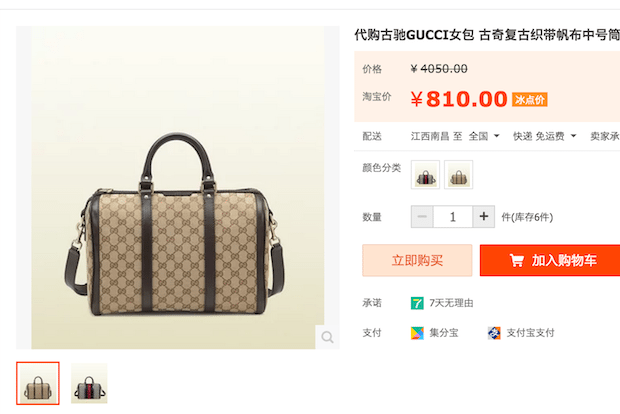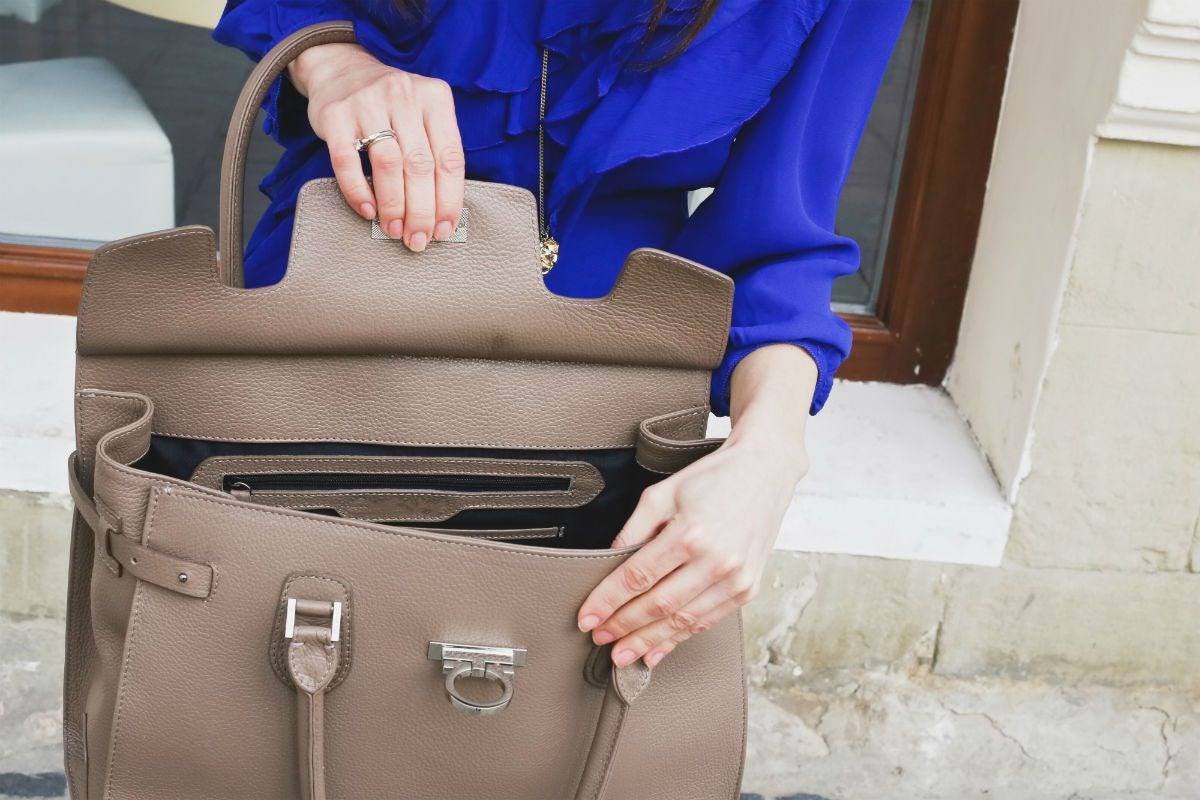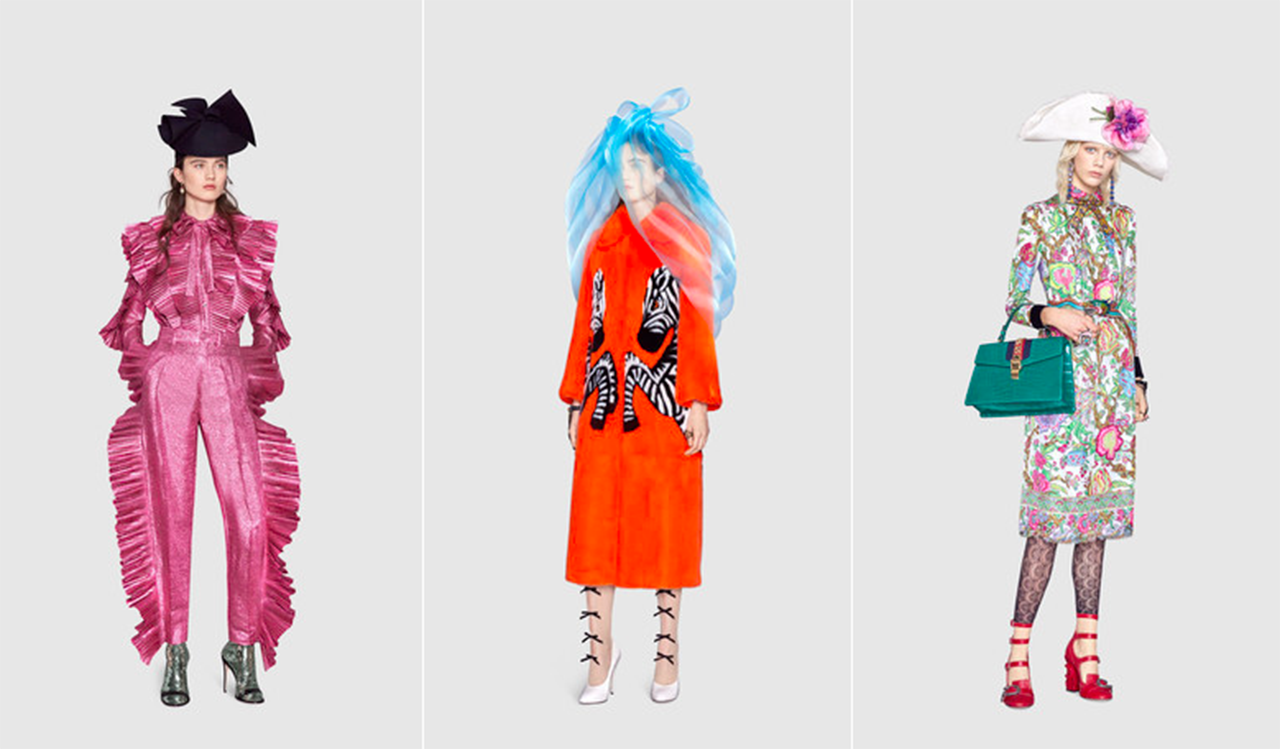Alibaba's anti-counterfeiting efforts receive Kering's endorsement#
French luxury conglomerate Kering Group and China's e-commerce giant Alibaba Group reached an agreement August 3 to jointly fight against the counterfeits on Alibaba's online marketplaces to protect brands' intellectual property rights.
As part of the agreement, the details of which were made public in a press release co-issued by the two parties, Kering has also decided to withdraw a lawsuit that it filed against Alibaba in 2015 in New York district court accusing the e-commerce site of being involved in the sales of fake handbags, watches and other items under the names of brands owned by Kering. The cooperation marks an official end to the legal dispute between the two companies.
Alibaba and Kering have established a "joint task force" to collaborate on the anti-counterfeiting actions, the public statement said. The two companies will exchange useful information and work closely with law enforcement bodies. Kering will also benefit from Alibaba's advanced technology capabilities in identifying counterfeiters on its platforms.
Will this move by Alibaba really assure luxury brands?#
Owning elite luxury labels including Saint Laurent, Gucci and Balenciaga, Kering's endorsement represents a milestone for Alibaba's ongoing efforts to combat the counterfeit issues on its platforms in order to attract more luxury brands to work with.
However, it is interesting that Saint Laurent has just decided to work with Alibaba's major rival JD.com earlier this week. Moreover, one major reason for that cooperation, according to the brand's CEO Francesca Bellettini, is that the presence of Farfetch (of which JD.com acquired a nearly 400 million stake in June) has helped mitigate their worries over the counterfeiting issue.
There is little doubt that Alibaba has been working hard on this area in recent years. The group set up the “Alibaba Big Data Anti-counterfeiting Alliance” in mid-2016, which aims to use modern technology to identify counterfeiters. A number of luxury brands such as Louis Vuitton, Shiseido, and Swarovski are all members of the Alliance.
On many public occasions, Alibaba's founder, Jack Ma, has been quite outspoken about the counterfeiting problems in China and has publicly called for the government to devote more legal efforts to it.
A recent article published by Luxury Daily, nonetheless, views the company's current coalition as a failure to achieve what it has promised, namely, to curb the sale of counterfeit luxury goods on the Chinese e-commerce site. According to the publication, Alibaba is still "lax about counterfeiting," while counterfeiters have become much more sophisticated than ever and consumers have better access to fake good due to the flourishing of social media and modern technologies.
Chinese markets have become a pillar of Kering's various businesses as per recent earnings reports. The conglomerate's core brand, Gucci, has just tapped into the country's online market through establishing its own e-commerce site. It is thus not so surprising to see Kering ceasing fire on the dominant market player over the counterfeiting issue. But the partnership, for either side, is possibly far from being worthy of celebration.



